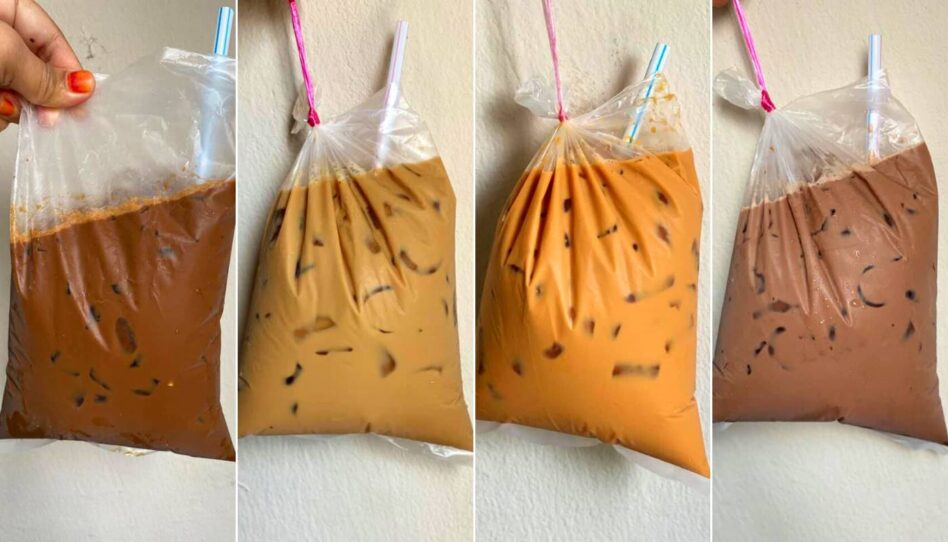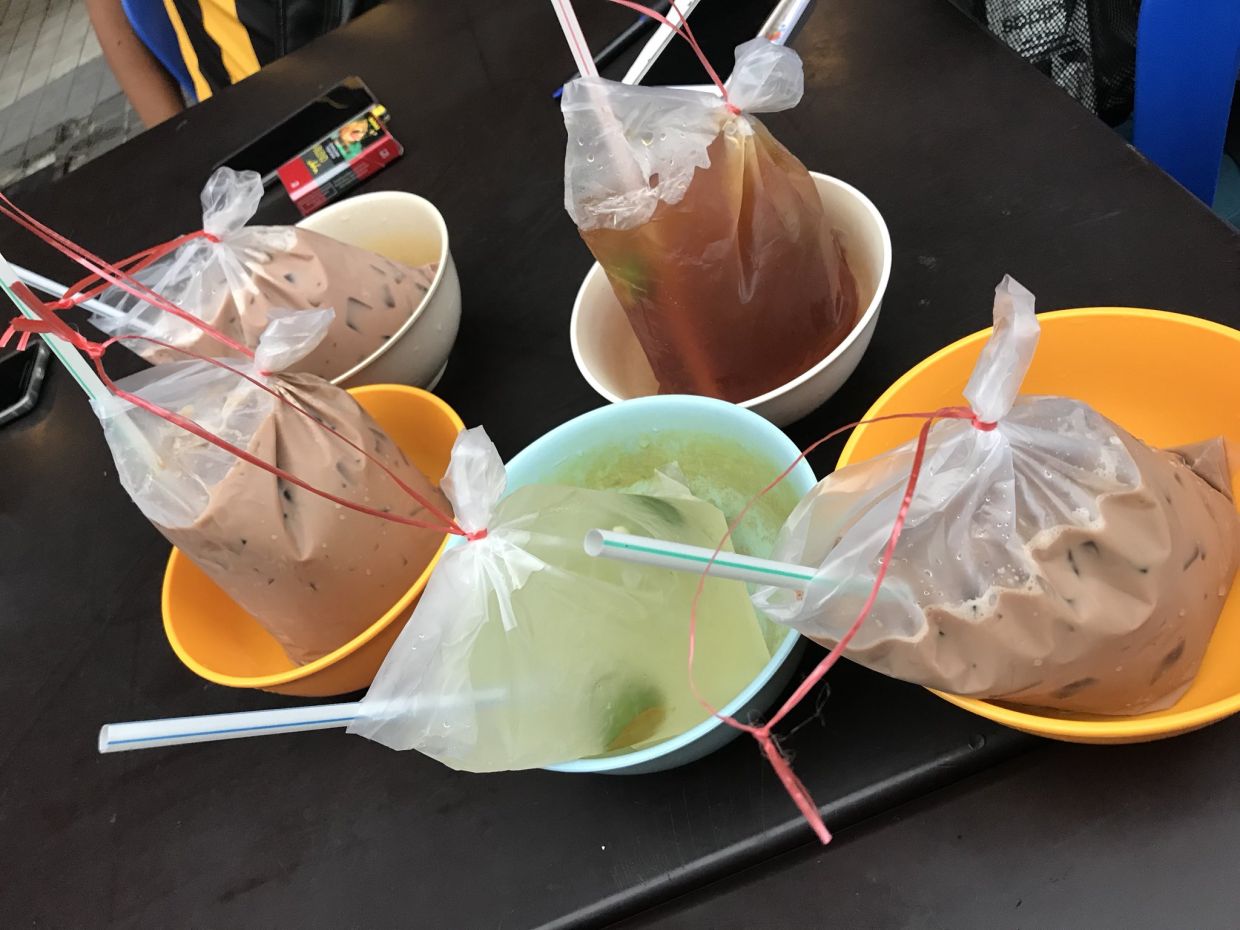IT is a common scenario during a mealtime at any local restaurant that one orders a teh tarik, kopi panas, or any other drinks to go, either ikat tepi or ikat mati.
That drink is delivered in a plastic bag, which is convenient to deliver and convenient to carry to drink at a later time. Be it teh tarik or kopi, panas or with ice, the drink at a boiling temperature is poured into the plastic bag even before ice is added to the bag.
This is good enough to melt and leach polystyrene and polypropylene into the drink from the plastic bags if they contain those rather recalcitrant hazardous chemicals.
Albeit, using plastic containers or bags is not limited to carrying drinks in Malaysia. Foods for breakfast, lunch, or dinner are also delivered in plastic containers.
Even the paper to wrap nasi lemak contains a layer of plastic. It is not unlikely that those plastic packaging materials could be the source of microplastics in food and drinks, and eventually in the human body.
Indeed, authorities in Malaysia are vigilant in controlling the composition of the plastic food containers and plastic sacs for drinks used by the restaurants to deliver food and drinks.
Nevertheless, to what extent that monitoring and control guarantee the use of “safer” plastics would depend on the efficiency of the monitoring and controlling authority.
They might need to conduct nationwide surveys at regular intervals to analyse the composition of the packaging materials being used by the restaurant owners.
To remain alert, it might be useful to remind the restaurant owners, consumers, and law enforcement agencies that recent studies have confirmed the presence of microplastics in human blood is significantly higher among those with a greater use of plastic food containers.

Plastic containers for food and drinks are not the only source of microplastics in our bodies. The human body is exposed to microplastics through inhalation and skin exposure, too.
What can those microplastics do to health? Research to answer that question is ongoing. In addition to causing cancer, its effect on cardiovascular health, altering inflammation, or even causing problems in blood coagulation, is already evident.
Could the microplastics be the culprit for a higher prevalence of chronic kidney disease (CKD) in Malaysia? This is a question that needs to be answered with reliable empirical evidence.
Malaysia is one of the highest-prevalence countries in the world for CKD. The prevalence of CKD has increased from 9.1% in the 2011 National Health and Morbidity survey to 15.5% in 2018.
With that trend to continue, the number of end-stage kidney disease patients is estimated to reach 106,000 in 2040 – a burden that would cost RM3.2 billion annually.
Microplastics that might be present in the blood travel through all organs, where the kidneys function as a filter to purify the blood from any toxic and harmful chemicals.
It is most likely that microplastics can remain attached to any human cells, including nephrons, the kidney cells while being filtered out.
An accumulation of microplastics for years in the nephrons eventually might make them fail to do their filtration job. That would fail kidney function.
A rise in the CKD patients in Malaysia could then be linked to their lifelong habit of consuming drinks from plastic bags or food from the plastic packaging materials. This is a hypothesis worth testing with proper empirical evidence.
Should microplastics from the plastic containers that are used to carry foods or drinks are found guilty of contributing to CKD among Malaysians, policymakers are expected to act prudently to root out the root cause and curb the rise of CKD, thus helping reduce the national financial burden on healthcare. – April 29, 2025
Prof Mohammad Tariqur Rahman is the Deputy Executive Director (Development, Research & Innovation) at International Institute of Public Policy and Management (INPUMA), Universiti Malaya.
The views expressed are solely of the author and do not necessarily reflect those of Focus Malaysia.
Main image: mStar









